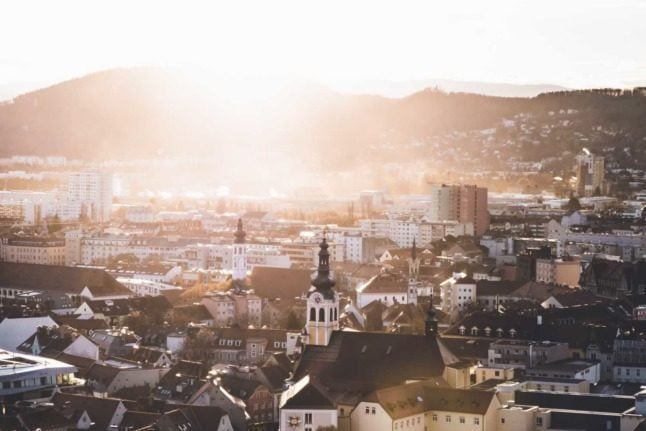Doris Grünwald, who was born in 1990, only found out a few years ago she was not biologically related to the couple she thought were her parents after she took a DNA test.
“Of course it was a huge shock for me and my daughter,” Evelin Grünwald, who raised Doris as her own, told the Krone daily in 2016.
“But we knew from the start that nothing could separate us, that we would stay mother and daughter. This child is the best thing that ever happened to me.”
“For me it was definitely worse than for my mother,” Doris said. “My whole body started shaking.
“It was like the ground under my feet disappeared.”
READ ALSO: Austrian woman discovers she was switched at birth
LKH University Hospital Graz said at the time of Doris's birth no other baby girl was born with such a low weight as the premature Doris in its hospital.
The hospital has given no details on how the swap could have occurred, but said last year it was “making every effort” to solve the case, according to a report in the British Independent.
After finding out about Doris's parentage, the hospital launched a programme offering free DNA tests to the 200 women born in the hospital around the same time.
So far, only about 30 women have taken advantage of the tests and no match has been found.
Monday's court ruling was not final and can be appealed.
READ ALSO: Austrian switched at birth unlikely to meet 'real' parents



 Please whitelist us to continue reading.
Please whitelist us to continue reading.